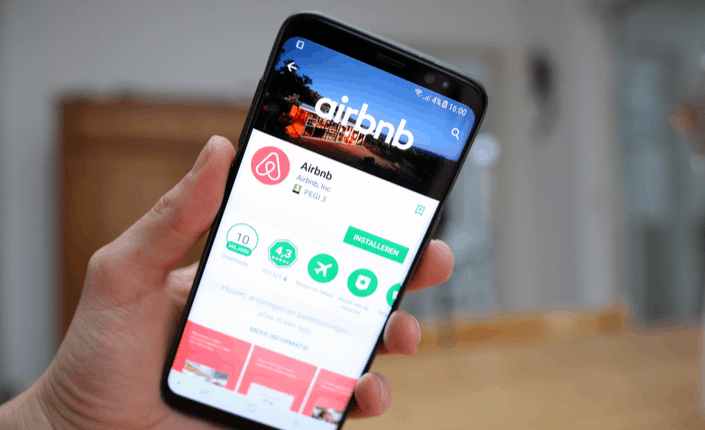
Airbnb has slowly been switching up its offerings while the Coronavirus pandemic sweeps the globe. Reported recently, the vacation rental hosting startup was pushing for its hosts to list their property for long-term stays in stead of short-term— meaning bookings for longer than a month at a time.
In fact, hosts in London were scrambling to do just that as soon as the option was made available.
Now, Airbnb is blocking British bookings on its platform, allowing only key workers to stay in properties for as long as emergency government restrictions are in place.
What changed? Hosts using the site were attacked for advertising 'isolation retreats' which infuriated consumers, saying that the 'joke' was in poor taste.
In response to the backlash, Airbnb cancelled listings for private rooms in shared houses and disabled its instant booking function for whole properties. Guests booked in affected rentals were offered refunds.
Airbnb has made a number of changes to its offerings to accommodate both consumers and hosts while the pandemic ravages the world. Last month it launched a program to provide free rooms for health workers that allowed eligible staff to register separately on the site through their employer.
Similarly, property portals and vacation rental providers across the world have been looking out for those who are most affected by the virus. Portals in Malaysia and other Asian countries have made moves to give back to essential workers, especially hospital workers, not only as a thank you, but as a way to support social distancing by offering isolated living space closer to their respective hospitals.
Times are not easy. Companies around the world are doing that they can, as fast as they can, to not only keep their own businesses running, but help those in need with the resources they have available.
Aribnb had said it was planning to dive into long-term listings eventually. Is the pandemic an expedited mean or innovation through chaos?